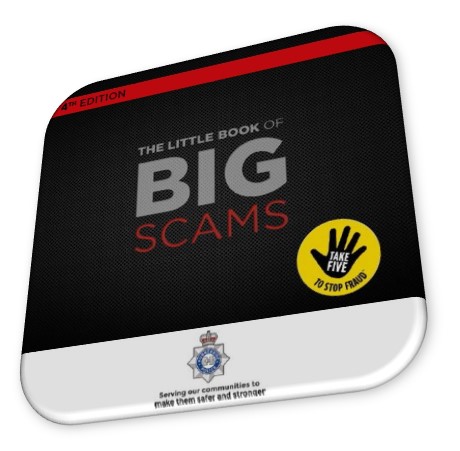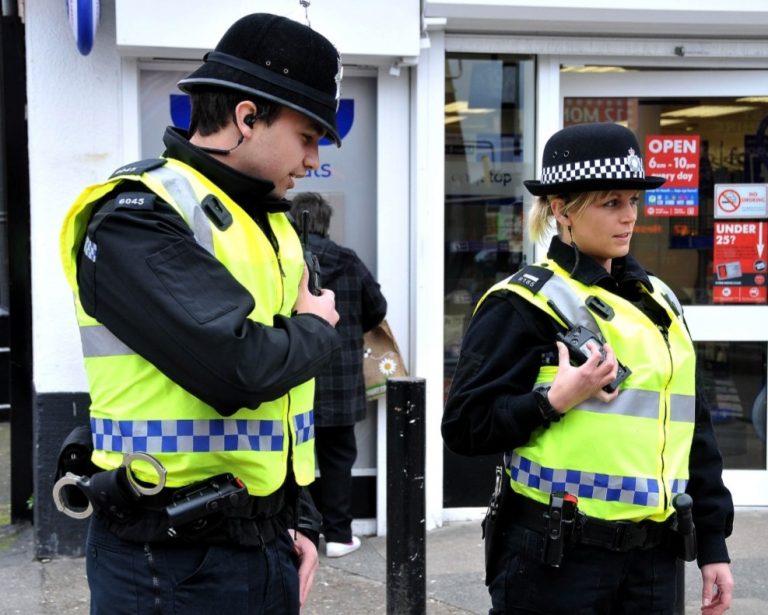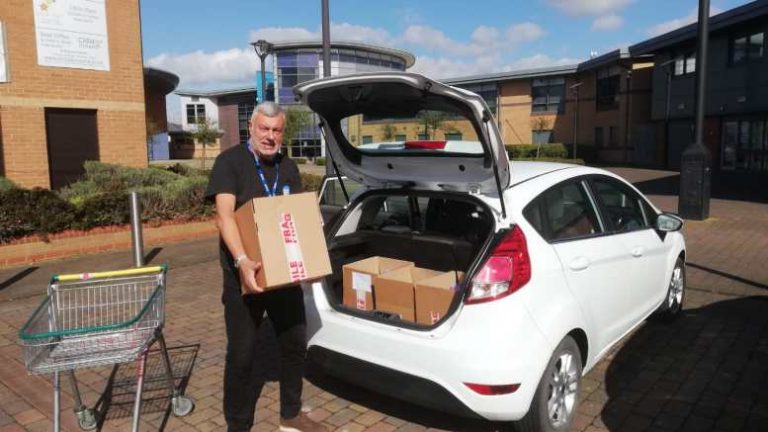Have you ever read an email or received a letter that you were suspicious about?
Have you ever felt someone is trying to con you out of your hard earned cash over the internet?
Has anyone tried to get you to give up your personal information when you don’t want to?
Well, the fourth edition of the ‘Little Book of Big Scams’ has been released for our force area which highlights some of the frauds that people are unfortunately falling for.
Originally produced by the Metropolitan Police’s fraud and linked crime online team (FALCON) it’s packed full of advice about how to avoid becoming a victim.
The Humberside Police version is a handy guide which gives lots of information about what to look out for, and what to do if you suspect someone is trying to con you or someone you know.
It covers topics ranging from online and romance fraud, online banking, scam mail, to doorstep scams and ticketing and holiday frauds.
A downloadable copy can be found on our website https://www.humberside.police.uk/sites/default/files/150119%20Littlebook…
Please print it out and use it for reference. A fully printed version is currently in the pipeline which will be available at our engagement events and for distribution to victims of crime.
Detective Sergeant Ivan Simms from Humberside Police’s Economic Crime Unit said: “This little book is a guide which can help anyone who may think they are being targeted by fraudsters.
“To give an example, financial fraud and online crime costs the UK £2milllion a day. That’s per day! We want to prevent you from unwittingly contributing to that and playing into the hands of criminals.
“It’s not just about cash scams. Data scams can also be big business for these offenders.
“There is advice in there about what and what not to do if you think someone’s trying to find out too much of your personal information which could be used for criminal purposes.
“We want you to stay safe, we want to make you aware of scams that are out there, and we want to let you know how to avoid any pitfalls.
“And always remember, if it sounds too good to be true, it probably is.”




